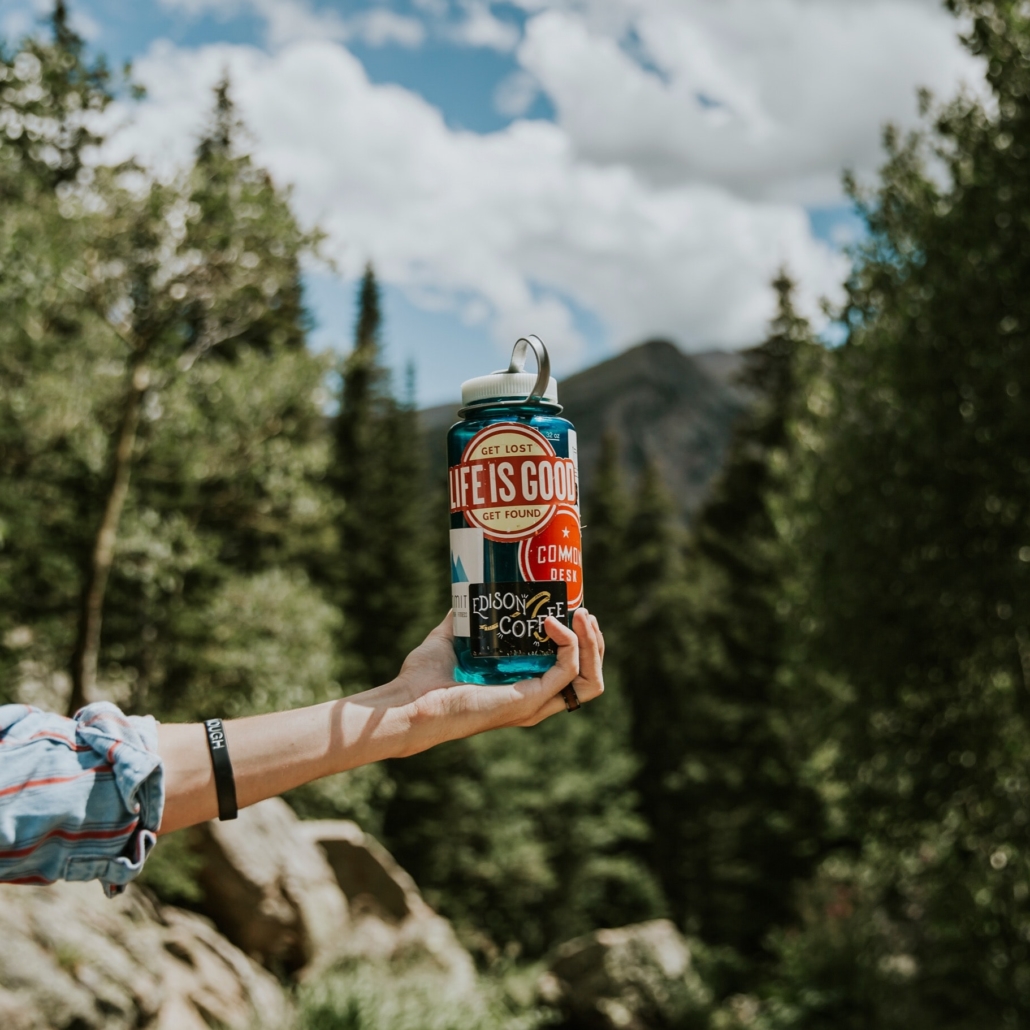Summer Recreation Tips
The days are longer, the sun is hotter, and the lake is calling. Welcome to the beginning of summer in Southern Oregon! As the weather gets increasingly warmer, outdoor recreation becomes more and more appealing. While outdoor activities offer many new and exciting ways to have fun, we at Campus Rec want to share some tips on how to stay safe and healthy so you can make the most of your summer.
Use Sunscreen
This one’s probably obvious, but significant amounts of sun exposure can lead to sunburns which can cause both immediate discomfort and an increased chance of skin cancer. Make sure to frequently reapply sunscreen (SPF 30 or higher) and cover sensitive skin by wearing lightweight, protective clothing as much as possible. Wearing sunglasses with UV protection and a hat can also help minimize sunburns and exposure. The reflection of the sun in bodies of water is a common way to get burned without realizing it due to the reduction of body temperature that swimming induces, so be extra careful when swimming. Get all your “burning” questions about sunscreen answered at the American Academy of Dermatology’s website.
Bring the Bug Spray
Summertime is when many insects come out of hiding, and they can be particularly bothersome when enjoying the outdoors. Mosquito bites, in particular, can be unpleasant and produce itchy bumps on the skin. In order to avoid insect bites, use bug spray as a repellant. There are a few options when it comes to insect repellants, including natural sprays such as lemon eucalyptus oil, as well as synthetic repellants like DEET. While DEET is very effective, it is best to avoid over-application and to wash treated skin after returning indoors. DEET is generally unnecessary when protecting against mosquitos who do not carry diseases such as malaria which can be found in parts of Asia, South America, and Africa. However, more natural repellants usually need to be applied more frequently to remain effective, so don’t forget to bring them with you when heading out.
Stay Hydrated
Don’t forget to take regular water breaks and seek out shade to rest in while spending time outside in the summer. The U.S. National Research Council recommends drinking 64-80 oz of water per day on average, and you might need more depending on your level of activity. Although you may not feel thirsty, spending hours in the sun can lead to muscle cramps, lightheadedness, and fatigue which are some early signs of dehydration or heat stroke, so make sure to check in on yourself frequently.

Communication is Key
It’s always a good idea to have another person with you when adventuring outdoors. Also, make sure to let someone else know where you are planning to be. Send a quick text to your parent, roommate, or friend letting them know where you’re going, and when you’re planning to be back. Additionally, plan ahead and know the conditions – cell service and GPS access aren’t always available (especially in Southern Oregon), so we recommend screenshotting or printing off any directions you need.
Avoid Poison Oak
Poison oak is EVERYWHERE in Southern Oregon. Most outdoor recreation areas near Ashland have a lot of poison oak, and brushing up against the leaves can cause an itchy, blistering rash. Keep an eye out for short plants with oak-shaped leaves in a triangle pattern (“leaves of three, let them be”). A good way to prevent touching poison oak is to just stay on marked paths and trails. If you do happen to break out in a rash from poison oak, calamine lotion or hydrocortisone cream can help calm the effects and reduce the itch.
Check for Ticks
Along with poison oak, ticks are common in Southern Oregon. Ticks can carry Lyme disease (plus, they’re just gross), so it’s important to check for them after you’ve been outdoors. Inspect your clothes and your entire body, especially your ankles, between joints, behind your ears, the back of your neck/hairline. Taking a shower and throwing your clothes in the laundry can also help get rid of ticks. Remember to check your furry friends if you take them out, as well. Check out this article from American Forests for more info on preventing and getting rid of ticks.



